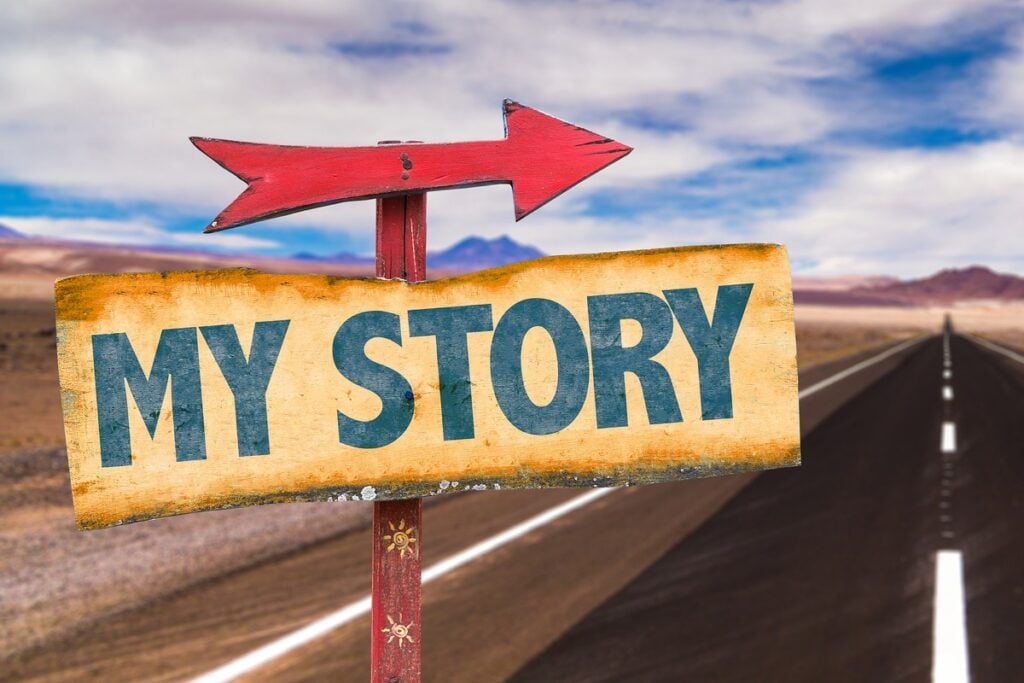Writing your own eulogy is a deeply personal and introspective process. It provides an opportunity to reflect on your life, define your legacy, and offer your loved ones a heartfelt message in your own words. While it may feel overwhelming at first, with the right guidance, you can create a eulogy that is meaningful, personal, and memorable.
What Is a Eulogy?
A eulogy is a tribute to a person’s life, delivered during a funeral or memorial service. Typically, a loved one or close friend gives this speech to honor the deceased. Writing your own eulogy flips the tradition, allowing you to shape how your story is told and remembered. It’s a chance to leave a personal touch and share what mattered most to you during your lifetime.
Why Write Your Own Eulogy?
There are several reasons why someone might choose to write their own eulogy. Each reason is unique, but the overarching goal is often to take control of your narrative.
- To Reflect on Life: Writing a eulogy provides an opportunity to reflect on your life’s journey, your values, and the people who have impacted you.
- To Shape Your Legacy: Instead of leaving your story in someone else’s hands, you can define how you’ll be remembered.
- To Relieve Loved Ones: The task of writing a eulogy during a time of grief can be overwhelming for family or friends. By preparing your own, you lighten this emotional burden.
- To Express Your Personality: Your own words capture your tone, humor, and essence better than anyone else’s interpretation.
- To Leave a Final Message: This is your chance to share wisdom, gratitude, and love with those who meant the most to you.
Steps to Write Your Own Eulogy
The process of writing a eulogy might feel intimidating, but by breaking it into manageable steps, you can create a heartfelt and authentic tribute.
This post can help you start the eulogy or keep reading.
Step 1: Reflect on Your Life
Begin by reflecting on your life’s journey. This is a time for introspection, so take your time and think about what defines you as a person.
- Key Milestones: Consider significant events, such as career achievements, personal accomplishments, or turning points.
- Relationships: Reflect on your relationships with family, friends, and mentors. Who shaped your life, and whose lives did you impact?
- Values and Beliefs: Think about your guiding principles and the values you lived by.
- Hobbies and Passions: Highlight the activities or causes that brought you joy and fulfillment.
- Memorable Moments: Recall anecdotes, challenges, or experiences that shaped your character.
Step 2: Decide on a Tone
The tone of your eulogy sets the emotional atmosphere. Choose a tone that aligns with your personality and message.
- Heartfelt and Reflective: Share love, gratitude, and meaningful reflections.
- Lighthearted and Humorous: Celebrate life with humor and joy.
- Balanced: Combine humor with sincerity for a well-rounded tribute.
Step 3: Outline the Structure
Organize your thoughts to create a natural flow. A clear structure ensures your eulogy is easy to follow and impactful.
Suggested Outline:
- Introduction: Begin with a warm greeting, acknowledging the audience and setting the tone.
- Early Life: Share where you were born, your upbringing, and formative experiences.
- Significant Relationships: Highlight connections with family, friends, and other meaningful figures in your life.
- Accomplishments and Passions: Reflect on your career, hobbies, and causes you were passionate about.
- Lessons Learned: Share wisdom or life lessons you’ve gathered along the way.
- Legacy and Gratitude: Talk about the impact you hope to leave behind and express gratitude to those who enriched your life.
- Closing Remarks: End with a heartfelt farewell or a lasting message for your loved ones.
Step 4: Write from the Heart
When drafting your eulogy, write authentically. Let your voice come through as though you’re speaking directly to those you love. Avoid overly formal language unless it suits your personality, and don’t shy away from showing vulnerability. Learn how to write from the heart
Step 5: Add Personal Touches
Make your eulogy unique by including elements that reflect your personality and experiences.
- Anecdotes: Share personal stories that capture your character or humor.
- Quotes or Poems: Include words that inspired or comforted you.
- Messages to Loved Ones: Address specific individuals or groups with personalized messages.
- Symbols or Traditions: Incorporate cultural, spiritual, or personal symbols.
Need a way to end a eulogy? Read this.
Step 6: Revise and Refine
Once you’ve written your eulogy, read it aloud to ensure it flows naturally. Editing is key to clarity and impact. Consider these tips:
- Check Length: Aim for a speech that takes about 5–10 minutes to read aloud.
- Focus on Positivity: Highlight the best moments and qualities.
- Get Feedback: Share it with a trusted friend or family member for input.
Delivering Your Eulogy
After writing, consider how your eulogy will be delivered. You may wish to:
- Record It: Create an audio or video recording for a more personal touch.
- Leave Instructions: Specify who should read your eulogy during your service.
- Store It Safely: Keep the document with other important end-of-life planning materials.
Sample Self-Written Eulogy
Here’s a sample excerpt to inspire your writing:
“If you’re hearing this, I’ve already embarked on my next adventure. But I wanted to take this chance to share my gratitude and love for all of you. My journey started in [city], where I learned the value of [core principle]. Through life’s ups and downs, I’ve been blessed with incredible people by my side. To my family, thank you for your endless love and support. To my friends, thank you for the laughter and memories. And to everyone here, I hope my story reminds you to embrace life fully. Smile, laugh, and be kind—it’s the best legacy we can leave.”
My life began in [City], where I was lucky enough to be surrounded by love, laughter, and some chaos—thanks to my family. My parents taught me the value of kindness and hard work, and they gave me the confidence to believe that I could achieve anything. My siblings? Well, they taught me patience and how to share, although I’m still not great at sharing French fries.
Growing up, I was always curious about the world. Whether it was exploring new hobbies or traveling to new places, I wanted to experience everything life had to offer. I remember the time I tried [a specific memorable hobby or adventure]—it didn’t go well, but it sure made for a good story.
My career was more than a way to pay the bills; it was a reflection of what mattered to me. I poured my heart into [specific details about work or passions], hoping to make a difference in my little corner of the world. But I’ve always believed that success isn’t measured by titles or trophies; it’s measured by the lives you touch. If I’ve managed to inspire or support even one of you, then I’d say I’ve done okay.
To my family—my rock, my compass, my greatest pride. [Spouse/partner’s name], you were the love of my life. You filled my days with laughter, warmth, and an endless supply of [shared inside joke or sentiment]. My children, [names], you are my greatest accomplishments. Watching you grow into the incredible people you are today has been my greatest joy. And to my friends, the family I chose, thank you for all the memories, the laughter, and even the tough love when I needed it.
If I could leave you with one piece of advice, it would be this: don’t wait. Don’t wait to tell people you love them, don’t wait to chase your dreams, and don’t wait to find joy in the everyday moments. Life is fleeting, but it’s also beautiful if you take the time to notice.
I’m at peace now, and I hope that brings some comfort to you. I’ve lived a full life, and while there are things I didn’t get to finish or say, I trust you’ll carry my spirit forward. Smile when you think of me. Dance to my favorite songs. And please, don’t let the dog eat off my chair at the dinner table—some traditions aren’t worth preserving.
Thank you all for being part of my journey. It’s been an honor to love and be loved by you. This isn’t goodbye—it’s simply ‘see you later.’”
See more eulogy help and samples, Eulogy FAQ
See more eulogy samples







